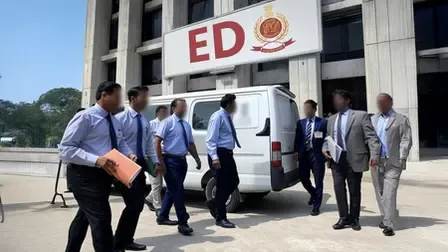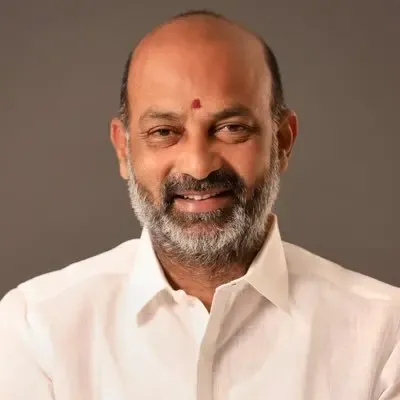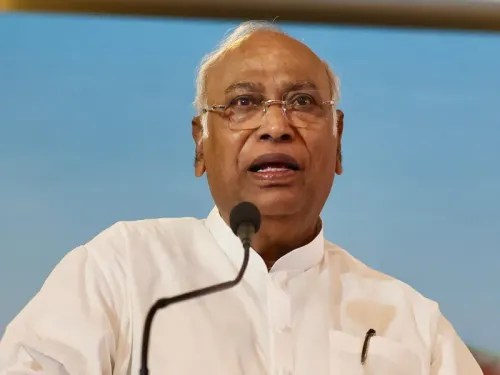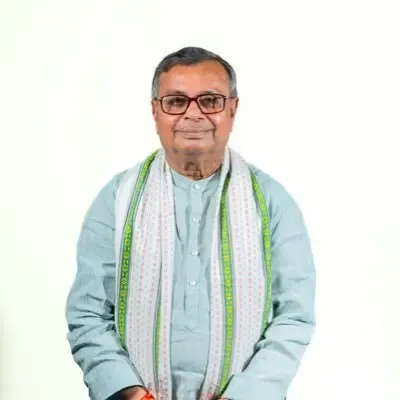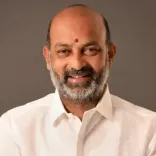Did the Abrogation of Article 370 Resolve Kashmir's Long-standing Issues?
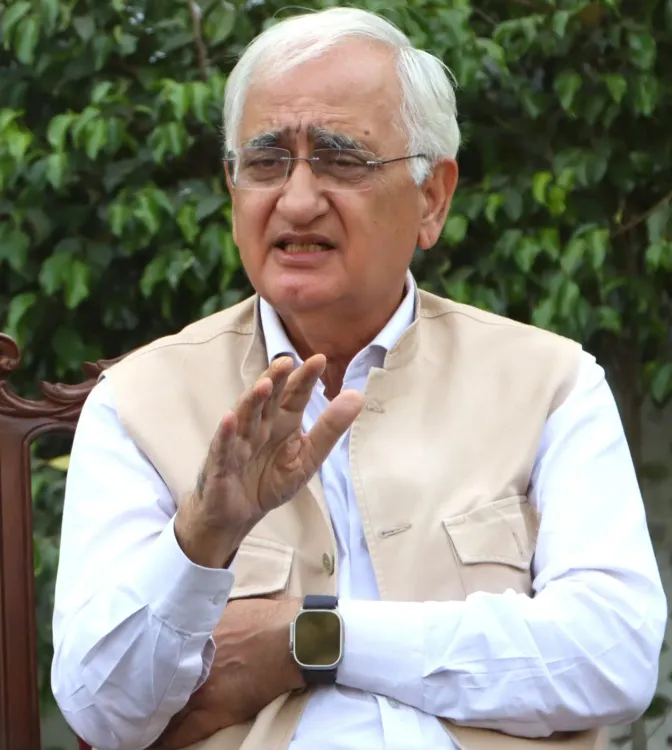
Synopsis
Key Takeaways
- Article 370's abrogation: Ended long-standing separatism issues.
- Positive political changes: Highlighted by a 65% voter turnout.
- New governance: An elected government now exists in Jammu and Kashmir.
- International engagement: Ongoing discussions with foreign leaders to garner support.
- Strategic outreach: Focus on countering cross-border terrorism.
New Delhi, May 30 (NationPress) Congress leader Salman Khurshid, who is part of the all-party delegation on Operation Sindoor outreach mission, stated in Indonesia that the removal of Article 370 has brought an end to the enduring issue of separatism in Jammu and Kashmir.
This assertion was made during his discussions with members of Indonesian think tanks and academia as part of a multi-party Indian parliamentary group.
He remarked, "Kashmir faced a significant problem for an extended period, largely reflected in the government's perspective towards Article 370 of the Constitution, which created an impression of separation from the rest of India. However, with the abrogation of Article 370, this issue has been addressed."
Article 370 granted special status to Jammu and Kashmir until it was revoked by the BJP-led government on August 5, 2019. Following this decision, the state was divided into Jammu & Kashmir and Ladakh, both of which were designated as union territories.
Khurshid, who is part of a multiparty delegation led by Janata Dal (United) MP Sanjay Kumar Jha, also highlighted the positive developments in Jammu and Kashmir post-abrogation. He pointed to a 65 percent voter turnout in subsequent elections and the establishment of an elected government in the union territory.
"There was an election with 65 percent participation. Today, there is an elected government in Kashmir, so it would be unwise for anyone to wish to reverse the positive changes that have occurred in the region," he added.
The delegation currently visiting Southeast Asia includes representatives from various political parties, such as BJP MPs Aparajita Sarangi, Brij Lal, Pradan Baruah, and Hemang Joshi, as well as Trinamool Congress’ Abhishek Banerjee, CPI(M)'s John Brittas, and former Indian Ambassador Mohan Kumar.
On Thursday, the delegation engaged in extensive discussions with notable think tanks, academic leaders, Resident Ambassadors of allied foreign missions in Jakarta, along with leaders of the National Mandate Party (PAN), a Modernist Muslim Party in Indonesia.
The conversations were part of India's ongoing strategic outreach aimed at securing international support against cross-border terrorism from Pakistan. The group has been informing stakeholders in Indonesia, Malaysia, South Korea, Japan, and Singapore about India's Operation Sindoor, which targeted terror sites in Pakistan and Pakistan-occupied Kashmir (PoK).

